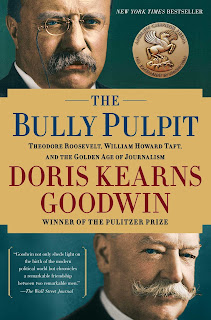Four articles and a Poem

Weekly, I post four articles that I found significant and a poem accompanied by some comments about what we can learn from them. Our lives are enriched by seeing better. Each week, one article comes from the world of photography, a discipline that is about seeing. Another article comes from the world of technology, hence seeing something of the future. Another article takes up an aspect of our life together, seeing more clearly the other. Another article refers to faith, seeing the unseen. Finally, the weekly post concludes with a poem, because poetry is about seeing words whose arrangement allows us to see anew. One of the regular criticisms in Pope Francis' challenge to the world is of what he calls a " throwaway culture ." Today, I'd like to ask us to take another look at those who are so easily thrown away and how we might challenge that. Halawa Correctional Facility Makahiki Ceremony 2015 . Kai Markell photographed the inmates at the Halawa Correctional Fa




